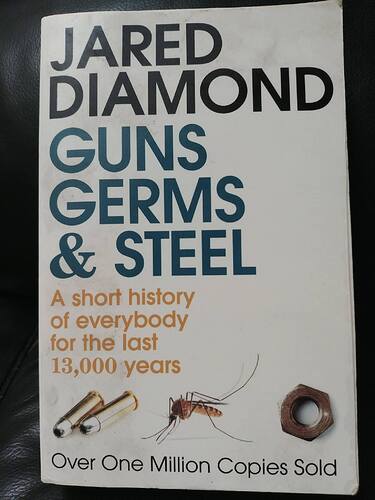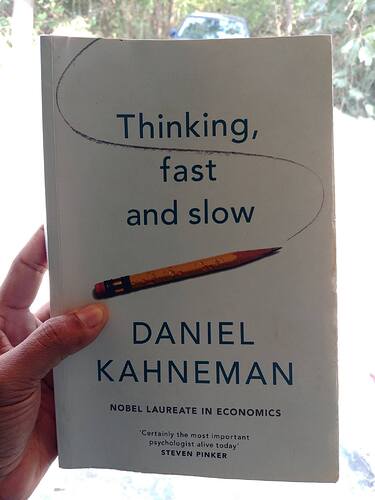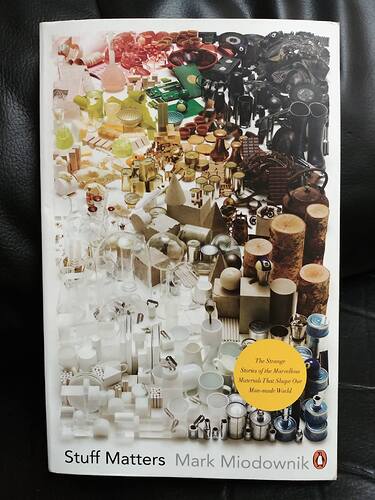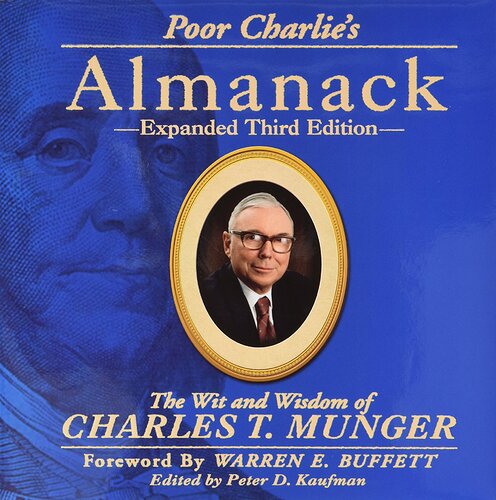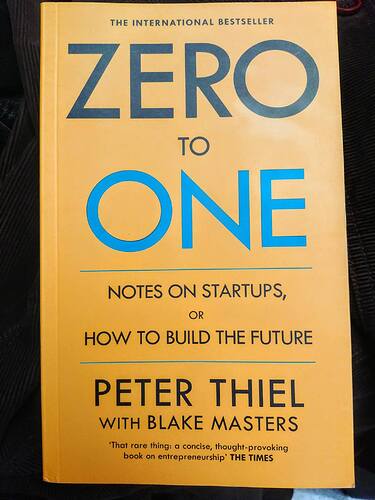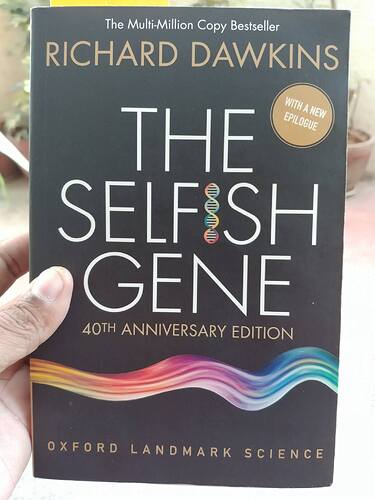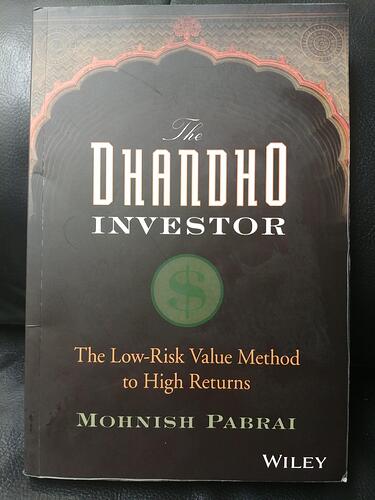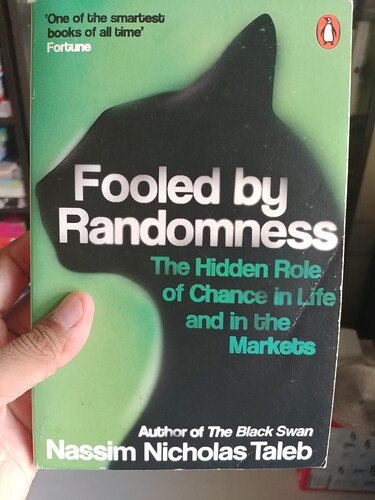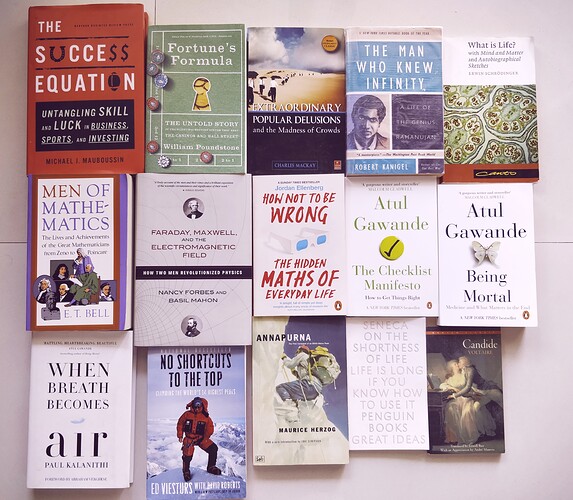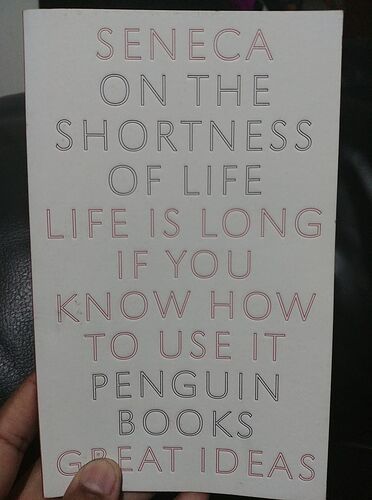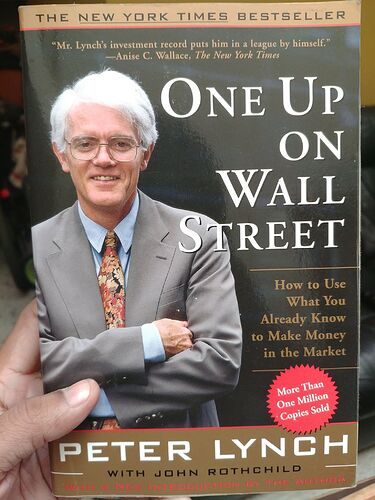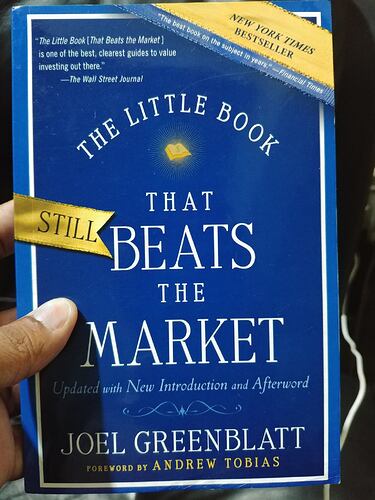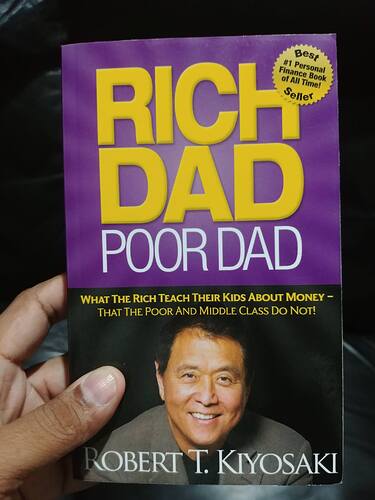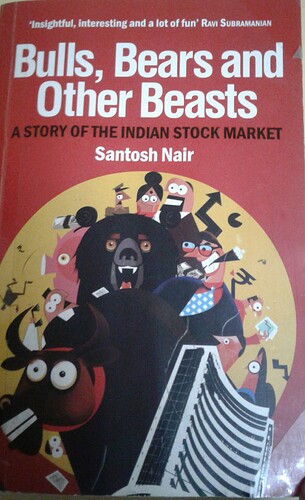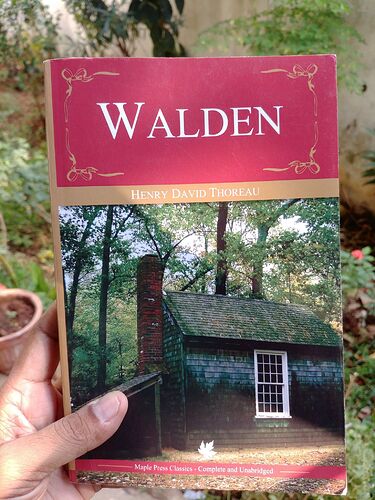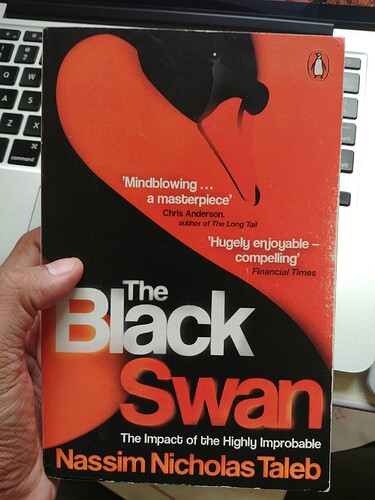I intend to update this thread with interesting books, along with my short book reviews from both investing and other disciplines. The motive is to discuss great books each of us may have read and to motivate each other to read more and to discover new books. The other book threads are mostly just about investing and I believe that to develop knowledge wholesomely, a lot more is necessary - be it biology, game theory, psychology, material science, zen, mathematics or economics. Investing requires a lot of patience and sitting on your hands - Why not sit with a book rather and compound knowledge along with wealth?
Let me start this off with a few I have read recently.
Guns, Germs and Steel, Jared Diamond - Why are some countries richer than the others? Why have some races conquered others and why is there so much inequality in the world? This book is a brilliant scientific work that goes on to answer these questions by going back to the history of the past 13000 years. While a lot of popular opinions go with racial or genetic superiority as the explanation for why Europeans were able to displace native Americans in the Americas and aborigines in Australia, this book goes much, much deeper and lists out the various factors to reason out the way history has unfolded the way it has.
The crux of it lies in random gifts of geography, biodiversity and germs. The Eurasian landmass being aligned east-west instead of north-south (uniform daylight times, similar climes aiding in spread of crops) and being a large continuous stretch of land (Unlike Africa with its Sahara, Americas with their constriction of land around Panama etc.) having had a lot more flora and fauna that was domesticable led to early food production, a movement from hunter-gatherer to settler lifestyle which lead to specialisers and living in close proximity to domesticated animals leading to germs and a resistance to it and so on. I didn’t know that germs from the Spanish killed more native Americans than did guns. This book is a revelation and should be essential reading to understand how a disadvantaged society/tribe might face its effects for a lot, lot longer than one can imagine.
The main problem I had with this book though isn’t about the content or the research behind it but the way it was edited. There is just way too much repetition of concepts here across chapters which makes it a tedious and cumbersome read at times. I wish this was better edited to make it more concise and easy to read. Compressing 13000 years of human history into 400 pages though is no mean feat. 9/10

